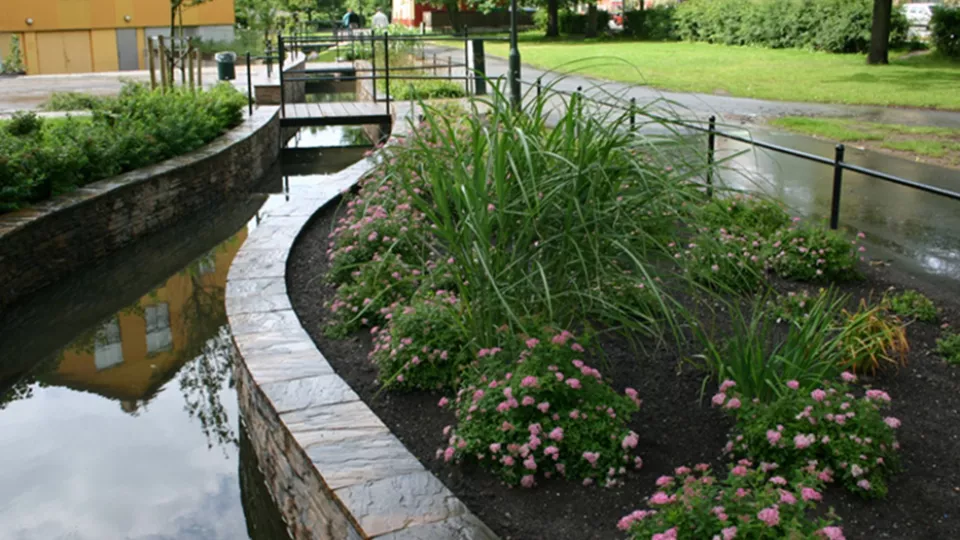In a new article published in Frontiers in Sustainable Cities (Urban Greening section), IIIEE researchers Björn Wickenberg, Bernadett Kiss, Kes McCormick and Yuliya Voytenko Palgan unpack enabling and constraining factors for transformative learning through interpretative case study analysis of two NBS projects in Malmö, Sweden: BiodiverCity and EcoCity Augustenborg. To map instances of learning and investigate conditions for transformative learning in NBS implementation, this article draws on the concepts of experimenting, governing and learning and uses an analytical framework resting on three pillars: visionary ideas and strategies; stakeholder participation; and institutional arrangements.
The article identifies seeds of transformative learning and argues that cross-boundary collaboration, action-oriented knowledge production, reflexive governance and citizen involvement are key enablers for transformative learning, which requires supporting structures, evaluation, continuity and relational capacities to thrive. To advance the implementation of NBS and increase urban sustainability, transformative learning should be acknowledged as a key strategic component of change. This, however, requires transformative learning to be more seriously considered in research and practice related to nature-based urban transformations.
Read the article (open access)


